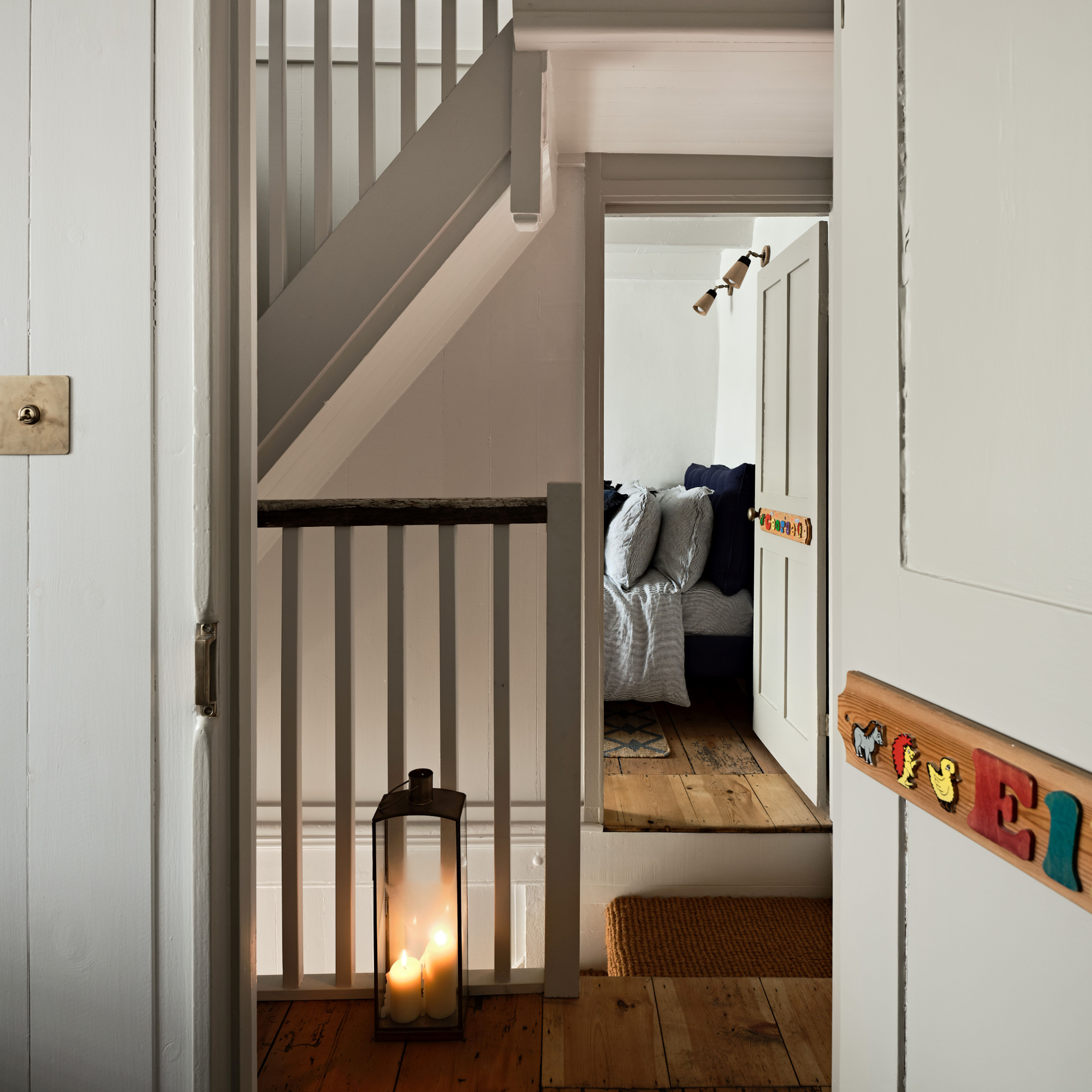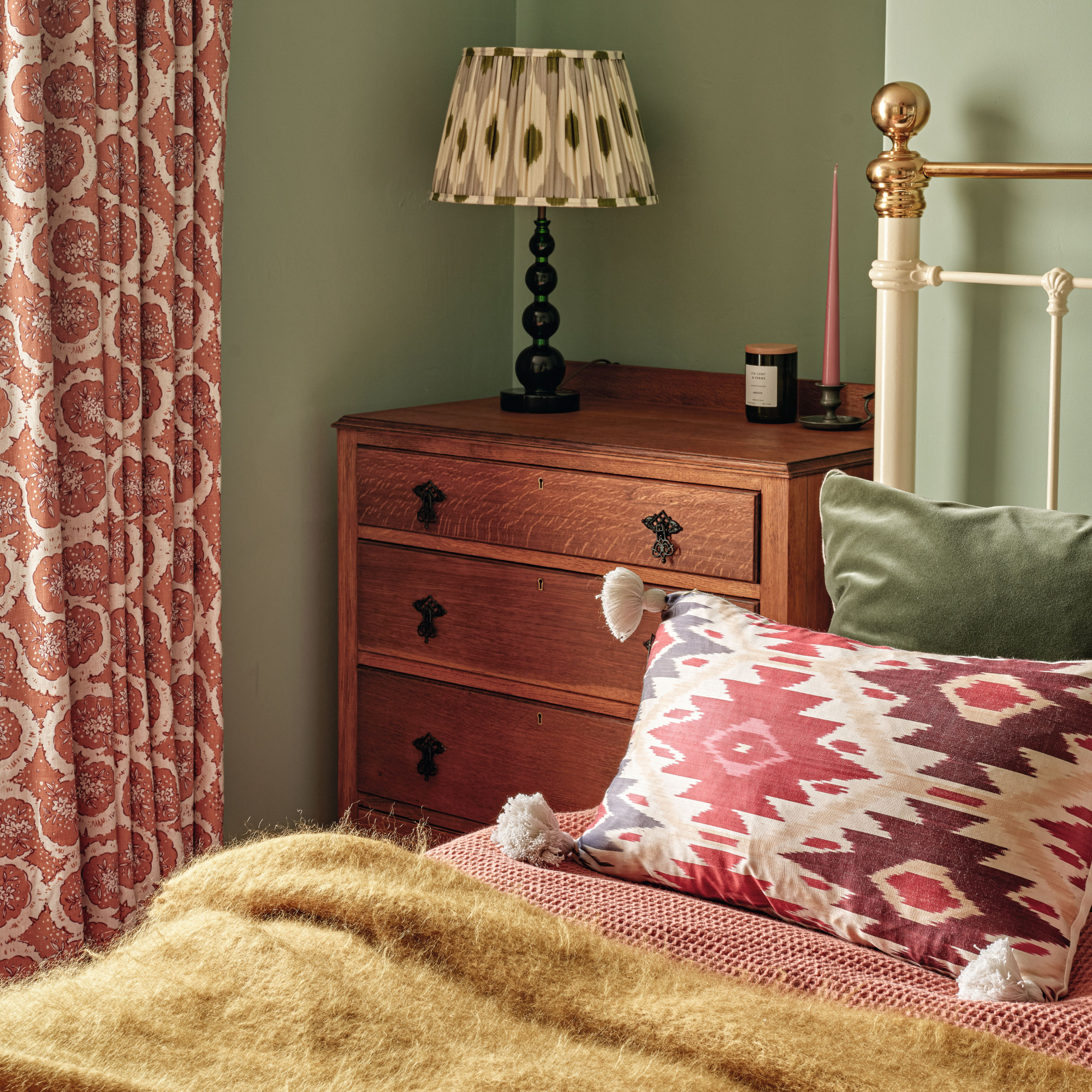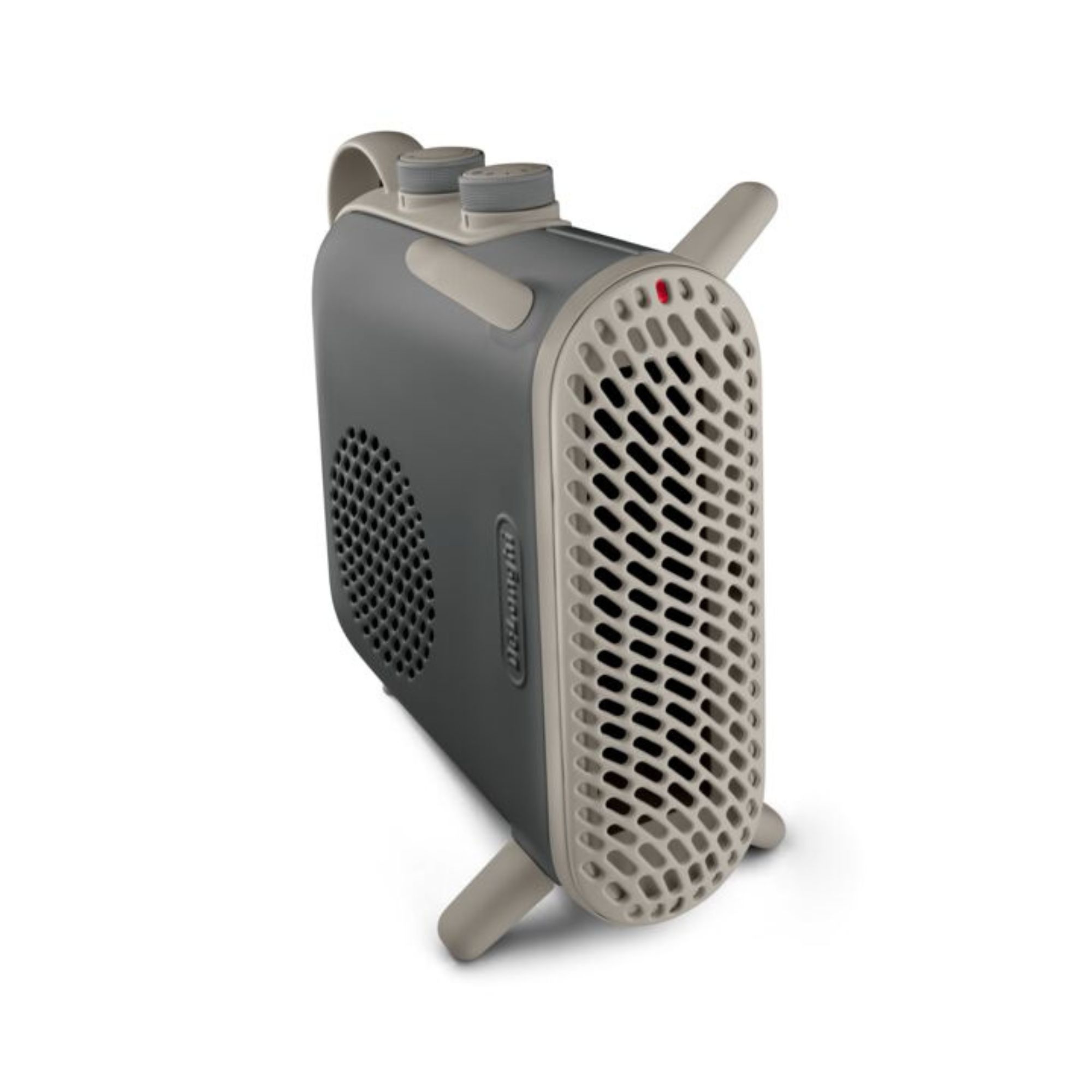
As temperatures continue to drop, it's likely that you're dusting off your trusty electric heater to give you that extra bit of warmth you need without cranking up the thermostat. However, you might be wondering: can you leave an electric heater on overnight?
If you're looking to find a balance between having a cosy home by calling on the help of the best electric heater, it's essential to understand the risks and benefits that come with using these heating devices for long periods. As not only are you potentially driving up the cost of running an electric heater but you may also be putting your household at risk.
Therefore, to ensure you're clued up on the ins and outs of these handy home heating devices, we've asked experts to help outline the safety concerns and the best practices for safely and efficiently using an electric heater this winter.
Is it safe to leave an electric on overnight?

'Generally, I would never recommend that you leave an electric heater on all night, unless it's an electric heater that's very specifically designed to be on overnight. While they do provide warmth, electric heaters are the same as any other electrical appliance, and pose a fire risk if they're left on for an extended period of time without being actively supervised,' cautions Nicholas Auckland, heating and energy expert at Trade Radiators.
'Although fixed radiators can be used overnight, freestanding electric radiators can pose a risk if left unattended. As such, it is not recommended to leave them running throughout the night,' adds Stephen Hankinson, Electric Radiators Direct's energy expert.
Despite central heating and electric heaters sharing the same purpose to stave away the cold and keep a house warm in winter, they exist in complete different ballparks. Electric heaters require caution and care when using them, unlike central heating which you can more or less set and forget, with the biggest concern surrounding them being higher energy bill costs.

Not to mention, 'many electric heaters, and particularly those that are older, have a tendency to overheat if left running for too long,' adds the Adam Harper of Fire and Evacuation Services Ltd. This can increase the risk of fire, particularly if the heater is placed too close to flammable materials like curtains or other soft furnishings.' Generally, these are the worst places to put an electric heater anyway, and leaving the heating device unattended on top of that is just a recipe for disaster.
While newer electric heaters are designed with safety in mind, they're still not exempt from posing a fire risk if not used responsibly. If you're asleep, you won't notice the first signs of the appliance malfunctioning or overheating, so it's best to avoid the risk completely. Unless, your electric heater offers safety features that can potentially allow for it.
How to use an electric heater safely

Although experts advise against using an electric heater overnight, in the off chance that you're left with no choice or you just want to be clued up on how to safely use an electric heater within general day-to-day, there are a couple of safety features you want to look out for before buying an electric heater.
First and foremost, on top of looking for the cheapest electric heater to run, it's important to look for a model with built-in safety features as standard. Prioritise your search for heaters with automatic shut-off functions, which will turn the heater off in the case of overheating or tipping over. Second, look for heaters with timers and thermostats that help regulate their temperature and automatically turn it off after a set time or when the room has reached the desired temperature.
'If you wanted to be in bed and have your heater running for an hour, then this feature would mean that you didn't have to leave it on all night in order to keep warm while in bed,' adds Nicholas. Better yet, setting this timer means you can keep your bedroom warm while you're falling asleep whilst avoiding letting it run all night with no supervision.
Shop our favourite electric heaters
A convector heater is slower to emit warmth than a fan heater, but, its operation is silent, and its steady heat can be more economical if you have it running for long periods of time. The Duux Edge 1000 Smart Convector Heater is a cut above the usual electric convector, offering a stylish design and great functionality.
This powerful 2000W portable radiator is ideal for heating large spaces. It emulates a traditional oil-filled radiator but uses 'oil-free technology' that warms up quicker. It's big and heavy, but it has three powerful heat settings, a thermostat, timer, digital controls and remote control operation that make it super user-friendly.

This fan heater is powerful, stylish, and space-saving; three of our favourite attributes. It boasts a versatile design that lets you to place it either horizontally or vertically, allowing it to adapt to any corner of your home. It's easy to use and super quiet, making it the perfect choice for heating a bedroom.
So, can you leave an electric heater on overnight? Although it's advised against, the general consensus is that yes, you can – but with the proper precautions.
Safety should always be a priority when using an electric heater, so if you're in the market for one, it's essential to look into models which offer the necessary safety features, ensure you put it in a safe place in your home, and utilise the timer and thermostat functions.
By keeping these best practices in mind, you can stay cosy and comfortable on cold winter nights without worry







